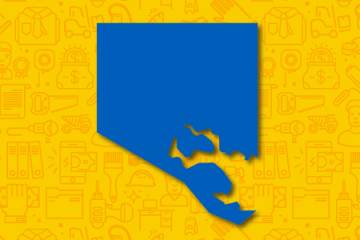During the first three-year phase of the HopkinsLocal economic inclusion program, Johns Hopkins University and Health System hired more than a thousand city residents, significantly increased spending with city businesses, and expanded opportunities for minority and women building contractors.
Since the completion of that initial phase in June 2018, university and health system leaders have been planning what comes next. And they want to hear your great ideas.
Beginning this week through May 20, HopkinsLocal's Idea Lab crowdsourcing website will be open for proposals related to two topics:
- How the university and health system can address economic inequality through its efforts to build, hire, and buy locally
- Ways the institutions can share their progress so those who would benefit most are informed
Johns Hopkins students, faculty, and staff, and members of the Baltimore community can submit their ideas or add comments to ideas that have already been posted.
"We are excited to launch the next phase of HopkinsLocal in July, which will continue to use clear, ambitious goals and public accountability to drive our investment in our city and our neighbors," says Kylie Patterson, director for local economic inclusion. "This online conversation is a way to hear innovative thoughts on how we can successfully raise the bar, and we will incorporate the most effective ones into our strategy going forward."
Ideas that can realistically be implemented and that relate to HopkinsLocal's three areas of focus—construction, hiring, and purchasing—will be considered. University and health system leaders are interested in hearing about potential partnerships or connections with existing programs or organizations, where appropriate.
Submissions and comments will be moderated and will only be posted if they meet the rules and guidelines for the Idea Lab and address one of the two stated topics.
"There have been so many productive conversations with city residents, nonprofit groups, community associations, and other engaged partners that have shaped the success of HopkinsLocal," Patterson says. "But we think there are many more people in our community who have experience, insight, and big ideas that will help us do even more. We look forward to a thoughtful and fruitful conversation made possible by the online Idea Lab format."
Posted in University News, Community
Tagged community, hopkinslocal








